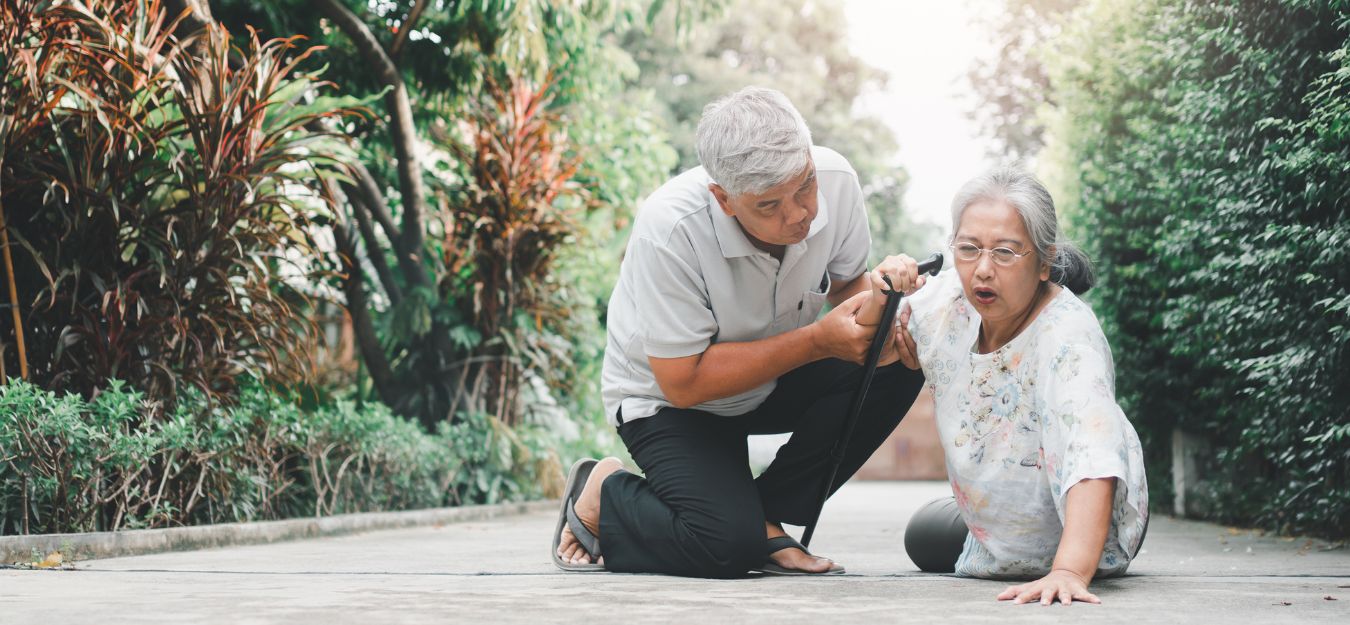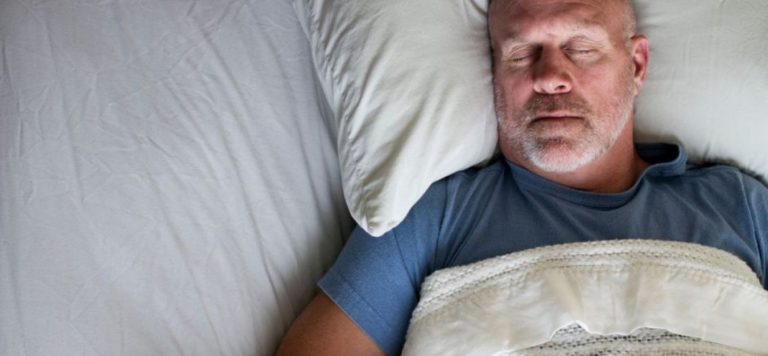Staying Safe & Independent
Fall alert devices are designed to provide seniors with an extra layer of safety and independence. These devices automatically detect falls and offer prompt assistance, ensuring that help is never far away. With a wide range of options on the market, it’s important to understand the distinct features and costs associated with each system so you can make an informed decision that fits your needs. In this article, we explore some of the best fall alert devices for seniors that are available, and look at the pros and cons of using these systems.
8 Companies that Provide Fall Alert Devices
1. Medical Guardian
Medical Guardian offers both in-home and mobile monitoring systems with automatic fall detection technology. The wearable pendants and wristbands are designed to be comfortable and waterproof, and two-way voice communication ensures that seniors can easily talk to a monitoring center operator. Plans typically start around $32 per month with options to customize for additional features.
2. Bay Alarm Medical
Bay Alarm Medical is known for its user-friendly and cost-effective emergency response systems. Many plans include automatic fall detection sensors. The devices work both as a home system and a mobile solution with GPS capabilities if you’re on the move. Starting at approximately $25 per month for home-based systems, pricing may vary based on additional features and whether you opt for mobile technology.
3. ADT Medical Alert
With the reputation of ADT’s home security background, ADT Medical Alert includes fall detection in select packages. These systems come with prompt response times, 24/7 monitoring and advanced technology for indoor and outdoor emergencies. Monthly plans start in the $32 range, and installation fees and equipment costs can add to the overall expense.
4. LifeFone
LifeFone offers reliable services with devices that are both wearable and easy to use. Many of their systems include options for fall detection sensors and the devices are designed to work indoors and outdoors with GPS tracking and two-way voice communication. Prices usually begin at $30 per month, with possible additional fees for equipment or activation depending on the chosen package.
Related Search Topics (Ads)
5. Lively
Lively emphasizes flexibility, with no-contract plans and streamlined fall detection features. Their devices are lightweight, come with GPS tracking and are designed for ease of use, ensuring peace of mind for both seniors and their families. Lively’s monthly fees typically start at $25 a month.
6. MobileHelp
MobileHelp provides a range of mobile solutions that include fall detection sensors. Their devices are designed for seniors who lead an active lifestyle, ensuring that regardless of location, emergency help is just a button press away. They offer a combination of cellular and landline options. Plans often start at around $25 per month, with the pricing structure varying based on connectivity choices and additional emergency features.
7. Medical Alert
Medical Alert offers systems with fall detection capabilities. These devices typically include a wearable pendant with a fall sensor, GPS tracking and a quick access emergency button for immediate help. Some systems can be integrated with home-based monitoring. Pricing for these systems generally starts at $28 per month.
8. Aloe Care Health
Aloe Care Health is known for providing a comprehensive approach to medical alert solutions for seniors. Their systems include automatic fall detection, a wearable alert device and efficient monitoring services that ensure rapid response times. The design emphasizes simplicity and reliability. With plans starting around $40 per month, Aloe Care offers a system at one of the more expensive price points, but it makes up for this by not charging extra fees for fall detection.
Pros of Fall Alert Devices
Fall alert devices come with many advantages. Here are some pros to consider when deciding whether to purchase a fall alert device.
- Immediate assistance. These devices automatically alert emergency responders in the event of a fall, ensuring that help can be dispatched quickly.
- Enhanced independence. Seniors can maintain a greater level of independence while having the reassurance of rapid response in emergencies.
- Peace of mind. Families appreciate knowing that their loved ones are equipped with a system that monitors their safety around the clock.
- Versatility. Options are available for both in-home and mobile use, with features such as GPS tracking, two-way communication and waterproof designs.
- Customizable features. Many plans allow for additional add-ons, such as medication reminders or additional sensors, tailored to individual needs.
Cons of Fall Alert Devices
Here are some disadvantages that can come with fall alert devices.
- Monthly costs. Many systems require ongoing subscription fees, which can add up over time, especially with premium features.
- False alarms. Automatic fall detection may sometimes misinterpret sudden movements, leading to unnecessary alerts that could burden monitoring centers.
- Technical limitations. Dependence on cellular or Wi-Fi connectivity may pose issues in rural areas or locations with poor signal strength.
- Equipment maintenance. Devices require regular charging and proper wear, which may be challenging for some seniors.
- Initial setup costs. Some systems include upfront fees for equipment or installation, potentially increasing the initial investment.
Final Notes
The best fall alert devices for seniors are key tools in promoting safety and independence for seniors. By understanding the diverse market options, families and seniors can select the one that best fits individual needs and lifestyles.
Keep reading to learn about Medicare options in 2025.

